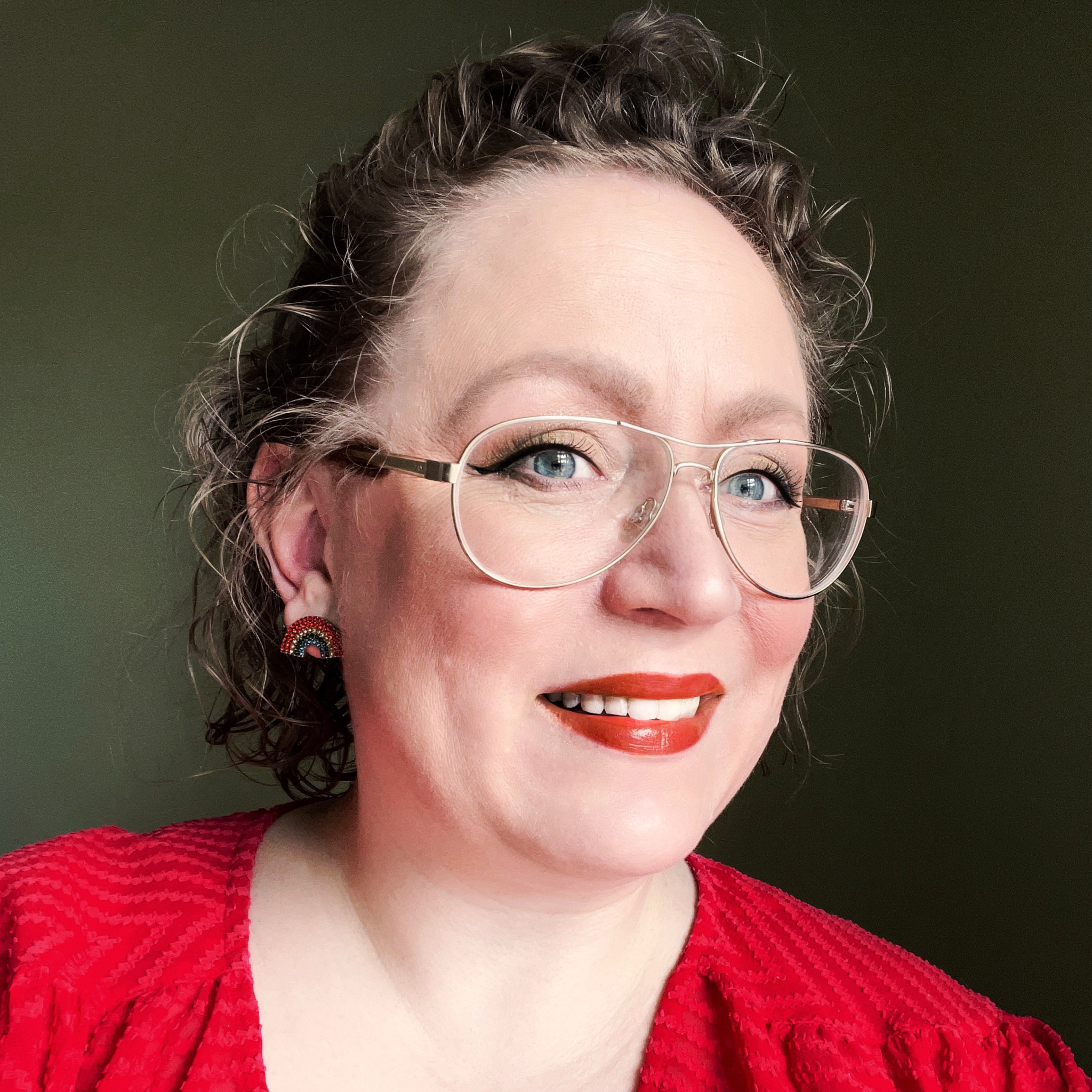Dear autism parents
All support is not equal
By Camilla Asra Engelby

Recent reflections on autistic identity after an interaction with an autism parent
This is a bit of a touchy subject. But as I’m both autistic and an autism parent I feel satisfied that as far as perspectives goes, I’ve got it covered.
A couple of days ago an autism parent told me in a comment online that their autistic child experienced that the instant people – and this even includes teachers at their school – discover that they’re autistic their entire demeanour and how they speak to them changes. Up until finding out that they are autistic they speak ‘normally’ and respectfully. But after finding out they speak down to them as if they are incompetent.
As a result of these ableist experiences the child has now firmly decided that they don’t wish for anyone to know that they’re autistic. The child wants to prove to everyone that they have the skills necessary to succeed and they want to be given the chance for people to see their abilities and focus on that rather than their autism.

I immediately expressed sadness that their child has had these horrid experiences with ableism. But also expressed my concern that for an autistic person to attempt to live neurotypically can have a negative impact on their mental health. For me personally the cost has been stress, severe depression and loss of employment.
I cannot let go of this story
I’ve now reflected on this interaction for a couple of days, as I seem unable to let go of this issue. My concern is that this – clearly concerned and loving autism parent – is doing their child a disservice by not supporting their autistic identity. Yes, we all do deserve to be spoken to respectfully. To be seen for our abilities. And to have opportunities to prove ourselves. But we also deserve to have reasonable accommodations if we do in fact have specific needs. This is not an either or scenario. And the solution is certainly not hiding one’s identity in a closet.
Let me break it down further
Firstly autism isn’t the problem here. Ableism and stereotypes are. Allistic (non-autistic) people need to learn that autism is an infinite spectrum, and that if you’ve met one autistic person, well you’ve done just that, met one autistic person. We as individuals cannot be boiled down to the stereotypes that are being portrayed in the media.

My #ActuallyAustic perspective
What I’m seeing here – from an actually autistic perspective – is an autism parent who is failing to stand up for their autistic child. People who engage in ableist behaviour (ie. speaking down, or act as if they’re not competent) clearly needs to learn what autism is. Especially those amongst the child’s teachers who are exhibiting this completely unacceptable behaviour. In fact I’m dumbfounded as to why this parent hasn’t already reached out either to the specific teachers or directly to the school.
To me this says that on some levels this parent is okay with their child masking their autistic identity (despite masking being extremely strenuous and potentially harmful). This suggests to me that perhaps this parent is simply more comfortable with their child appearing ‘normal’. Which in itself is ableism. If their child needed glasses, but they thought that the child looked more cute without glasses, would they also support their child in not wearing them if the child was bullied for wearing glasses? Perhaps the child’s desire to hide their autism is in fact internalised ableism born out of the lack of support (and possible underlying ableist behaviour) from their parent?
P.S.
If you think that I as an autism parent, have never gotten it wrong myself, then you’d be mistaken. “Do the best you can until you know better. Then when you know better, do better” – Maya Angelou
Privacy statement | Cookie policy | Disclaimer | Imprint | Copyright Camilla Asra Engelby